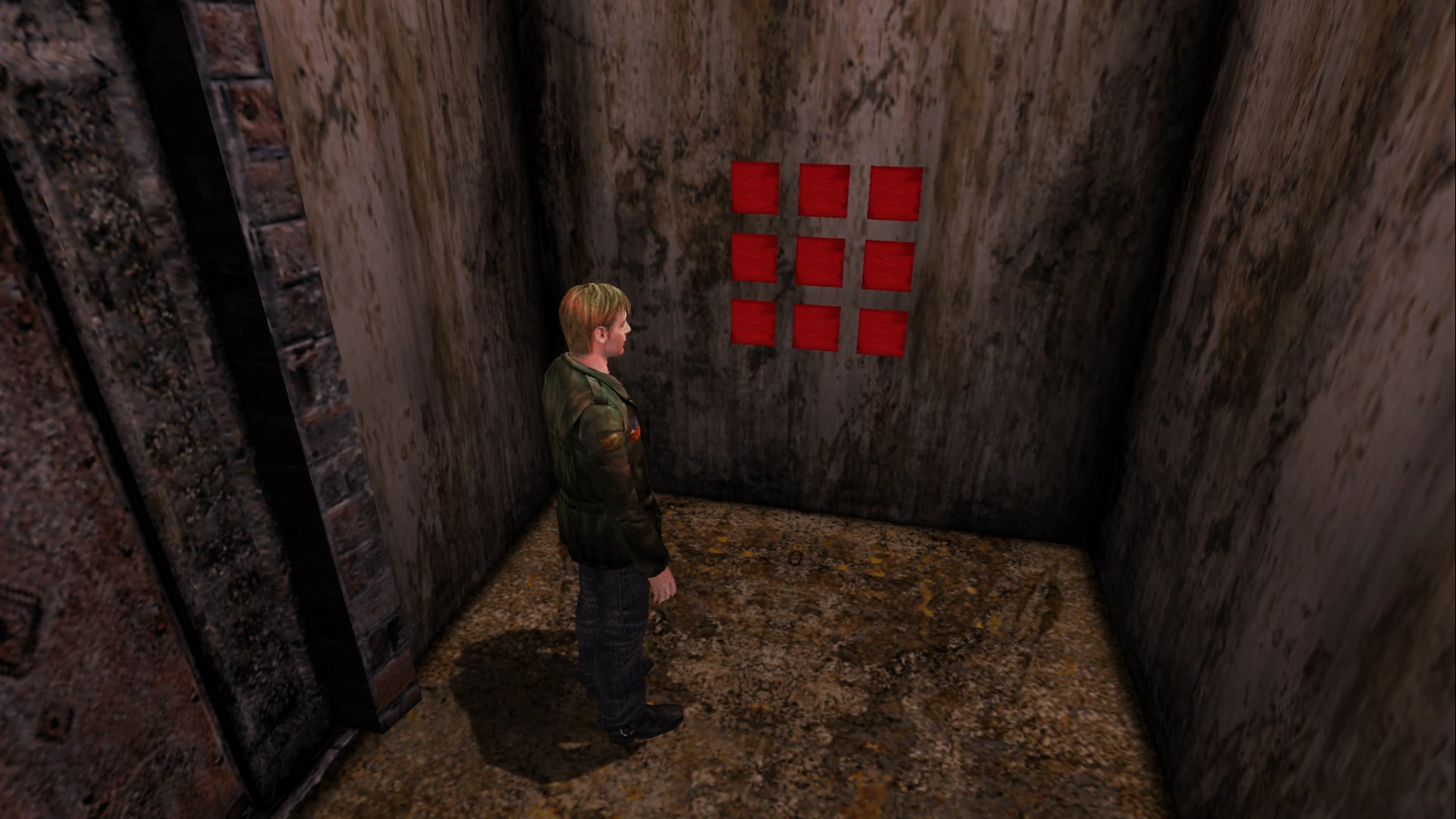Silent Hill Homecoming Savegame Pc World

Porting a program to another system is seldom an easy task. If you had the good fortune to be able to consistently use cross-platform libraries while writing the original program, you might be able to get away without having to do any code rewriting.
This week we learned that Hideo Kojima and Guillermo Del Toro are collaborating on a new game in the Silent Hill series. Despite both men having a reputation for attaching themselves to projects that either take years to materialise, if they happen at all, I'm going to go out on a limb and say that this could be the best thing to happen to Silent Hill in over a decade. Because both Kojima and Del Toro are into weird stuff. Silent Hill needs to be weird. Properly weird.
The recent sequels - basically everything from Silent Hill 4 onwards - have just copied the surface grunginess of the series; the twitching stitched-up nurses, the rust and ash textures, the constant fog. What they've missed is the weirdness. Let me explain, for those who have never played Silent Hill 2, or those who only ever played it once. One of the secret endings to Silent Hill 2 can only be achieved once you've earned all the proper endings on one save file - playing the game through to completion three times in subtly different ways. Then you have to find a key that only appears under these circumstances, and use it to open a special room. Not the most cryptic clue, admittedly.
Do all of that, and you get to see heartbroken hero James Sunderland fall to his knees in horror as he discovers what's behind his recurring nightmare. An adorable Akita breed, sat in a control room, making James' life a literal hell. There is no further explanation - just a credit-roll accompanied by upbeat barking. It's a weird punchline to a very weird game, one that you really have to work to achieve, and for all its goofy humour it's still very much in line with the queasy dream logic that makes Silent Hill 2 the most genuinely unnerving game I've ever played. This is a series where horror doesn't just mean blood and blades and sirens, but that dizzying nightmare feeling that things just aren't right.
In many ways, Silent Hill 2 is more of a remake than a true sequel. It picks up concepts and aesthetics but none of the story threads of the first game, released on the original PlayStation back in 1999. Much as Sam Raimi returned to The Evil Dead and did it over again with more confidence, more energy and more bravado, so Team Silent seized the PlayStation 2 and used it to recreate Silent Hill as a more fully realised vision of psychological terror, without the daft demonic cult nonsense. I love Resident Evil in all its cheesy glory, but it's a gloopy B-movie, all Savini gore and Hammer melodrama. Bible weber barbecue pdf free. Silent Hill is gaming's Carnival of Souls or Repulsion; haunting, sombre and uneasy. Sure, the broad strokes of the gameplay may follow the genre tropes put in place by Resident Evil.
You'll collect keys, health items and ammo. You'll batter monsters to death and solve arcane puzzles. That's just surface stuff though. It's a disguise; borrowed skin stretched tight over something else entirely. What's really happening is a psychological experiment in which you, the player, are being studied just as much as poor James Sunderland, as he staggers about the town looking for absolution for the mercy killing of his terminally ill wife. The stroke of genius is that you don't even realise this until the end. Or rather endings.

Why are there so many filthy toilets in horror games? There had been alternate endings in games before, of course.
The first Silent Hill had a couple, but what makes Silent Hill 2 so damned sinister - and still amazes me to this day - is that the ending you get isn't based on anything you can easily quantify. The game doesn't unlock a specific ending just based on what you did, but rather how you did it. The code is constantly appraising James' state of mind based on your portrayal of him, and deciding how his tale should end accordingly. Even typing that out now, I'm still impressed at just what a bold and creative decision that is. How many times you make James look at the letter sent by his dead wife. The way James treats other characters.
The way James treats himself. Even whether you listen to key bits of dialogue in full.
None of it seems important at the time, but it's all being studied, not against some binary good/bad basis, but on a more nuanced emotional scale. Does James deserve a fresh start? Can he move past his love for his wife, or forgive himself for her death? You're making the case throughout the game, and you don't even know it. James is being judged, just as your control of him is being judged.